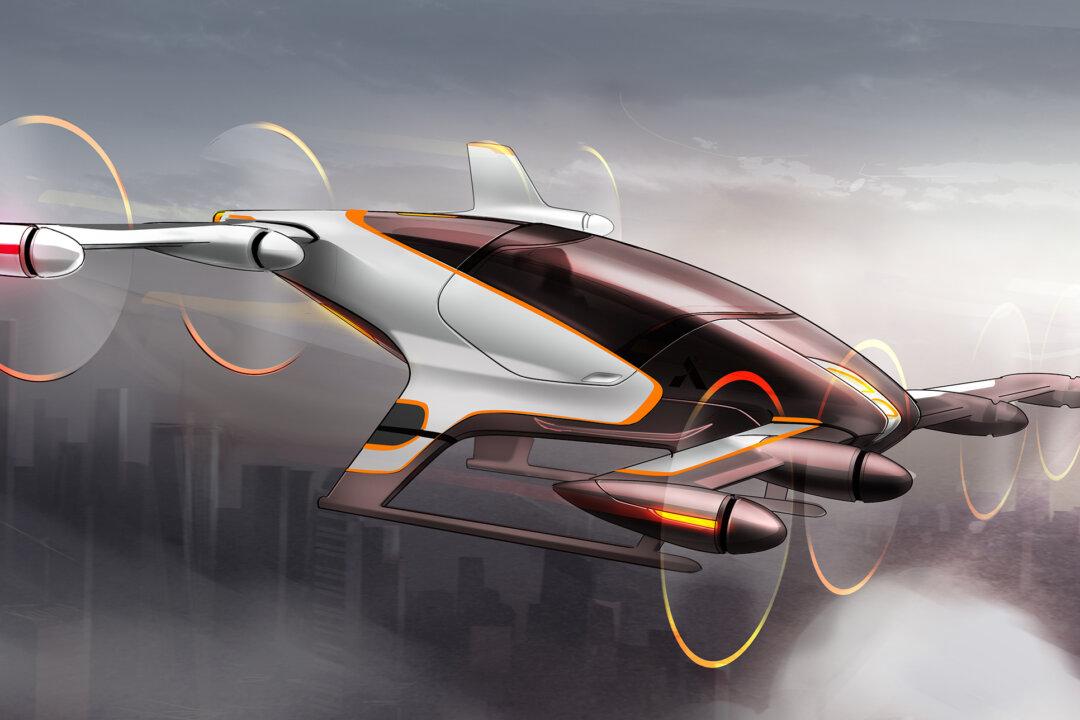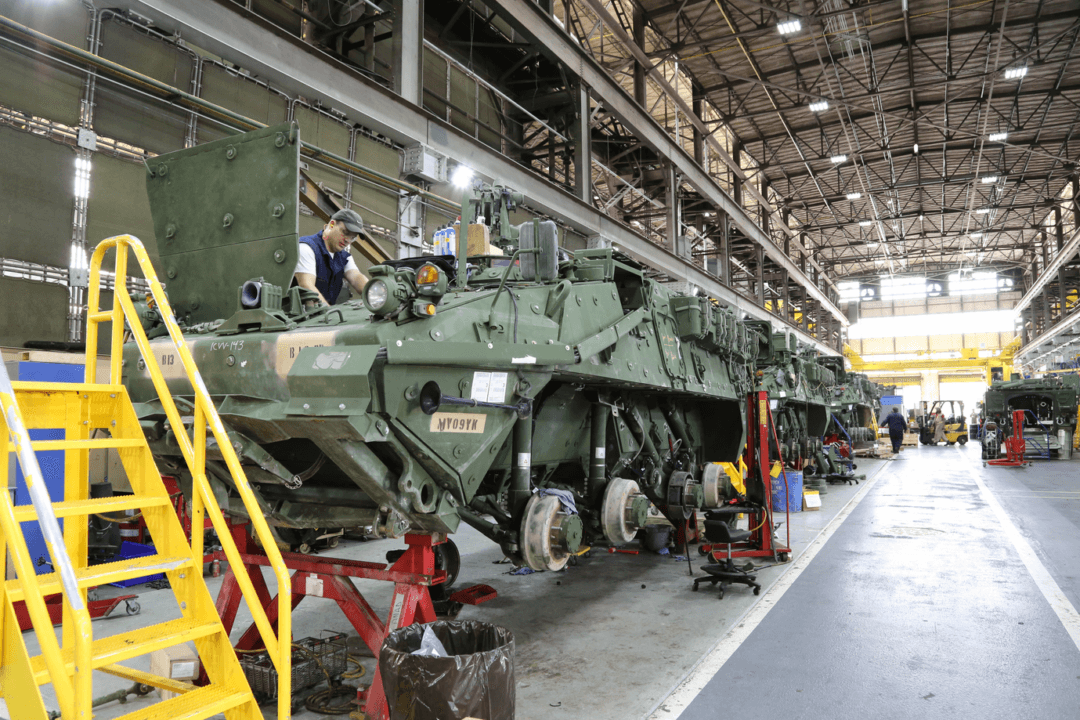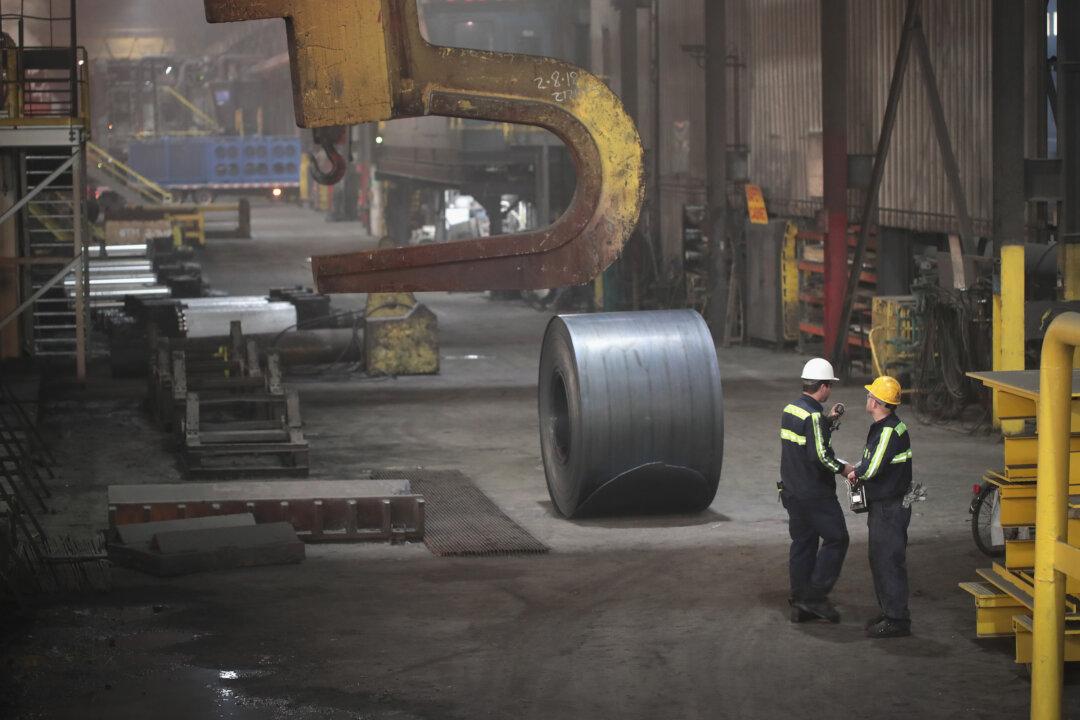Universities were well respected during the sixties, seventies, eighties, and even nineties. People who graduated from university often had a career in front of them, they were trusted to be the drivers of industry, given leadership positions, and empowered with a voice that was heard.
Universities were the harbinger of intelligence and purveyors of nations that were respected. Classic red brick institutions such as Oxford, Cambridge, Harvard, and Yale were not just places where you graduated in established subjects such as engineering, medicine, and law. They were badges of honor that were used to get into the best positions and best jobs in the country. Not any more.
Nowadays innovation doesn’t require thinking in a library, being taught how to think, and then coming out with theories about how to develop a certain field. The industries are actually made by drop outs and non starters. People who lost faith in the education system and decided to just make it on their own. Many famous names come to mind when thinking about this modern phenomenon.
Steve Jobs, Mark Zuckerberg, and Bill Gates are just some famous ones. They paved the way into knowing that education can be restrictive. In today’s day and age it can become a noose round your neck in the form of a repetitive mundane job that is unforgiving as it marches you towards your grave.
So while the universities struggle to sustain a system that is becoming increasingly obsolete, these drop outs indicate that there is something missing with the way in which thinking is done. They don’t want to think like that, and as they become successful and begin showing results, people are listening to them.
Inventors
Universities are still excellent places where you go to discipline yourself to learn how to think in a structured and coordinated manner. But they are not the innovation hubs that they used to be. In decades past, to invent something, you needed a laboratory, investment, guidance, previous knowledge that you could develop and take forward, skills to build that knowledge, and a team to help turn those theories into practice. But the more people that got involved, the less the objective was achieved, and the more diluted the aims became.
The environment that is to come is very similar to the environment of the past. If we go back multiple decades, we see that Isaac Newton, Nicola Tesla, Albert Einstein, Isambard Kingdom Brunel, Michael Faraday, Frank Whittle, and many others like them had one thing in mind. These individuals move humanity forward.
Most of these inventors didn’t even finish their education and hated being boxed in at school. Many of them that had exposure to university didn’t go there to get a piece of paper. They went to university to use its resources to find out who they were and what they wanted to do in life. The university was simply there to help them to find out about themselves, and the ideas they were thinking about. People like to call these individuals geniuses, labeling them and not understanding their passion for what they believed in.
These so-called geniuses were driven people, laughed at, mocked, discarded, belittled, and pushed to the side in such a cavalier way in most cases by the educational institutions that they attended and by the cultures that infest those institutions all over the world.
This attitude of disregarding and belittling is now on the back foot. Universities don’t have the attraction that they once used to. Today, you can go on the internet and download knowledge to help you do what you want to do. 3D printing can overtake manufacturers and help you realize your vision and creation. Communications can allow you to find your team across the world, and the curtains have been removed on culture and ethnicity allowing you to accept that there are other people in the world who can think along the same lines as you do.





